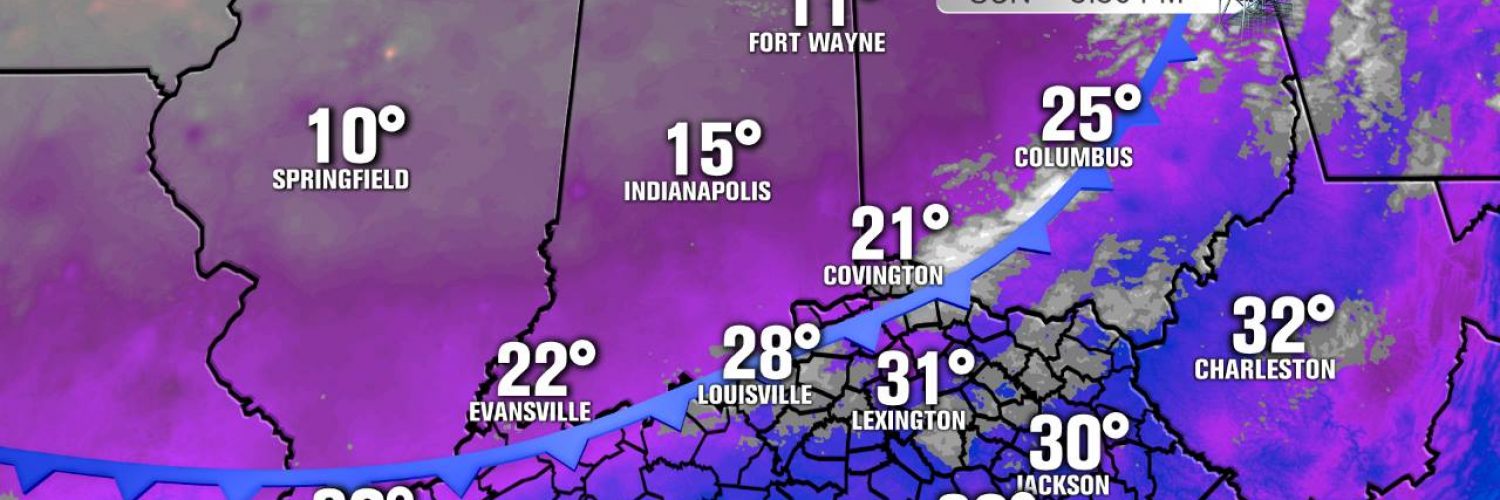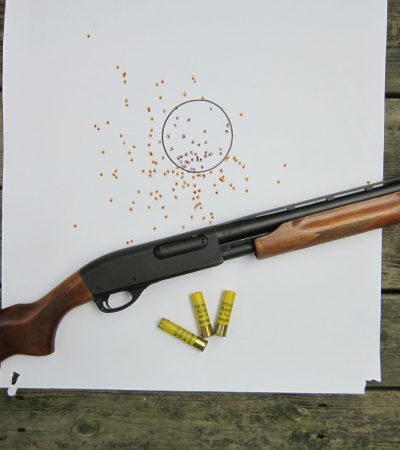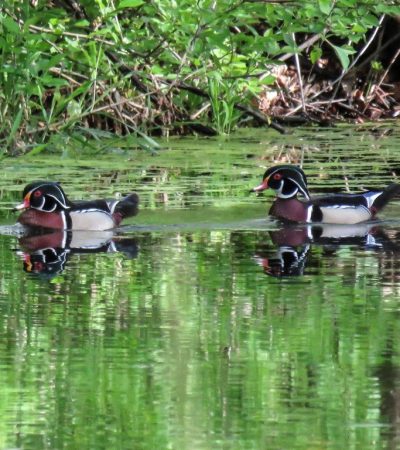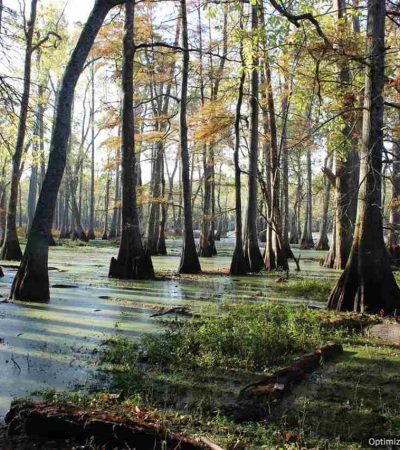Written By: Hannah Riggs
Many different factors come into play when trying to determine when is the best time to go duck hunting. The biggest factor, however, is the weather. And with the weather, there are important factors that go with that as well. The biggest question on many hunter’s minds is how to hunt a cold front. While some seem to think it is best to always to hunt after a cold front moves in, that is not always the case. Waterfowl expert J Paul Jackson shed some insight into how he feels the situation to be.
“I don’t think there is a hard fast rule. I’ve heard guys say ‘aw man there’s a big front coming, though, we need to be there. We are going to have new ducks’. Well, a lot of times they come before the front. And the next day they are gone. Particularly if the temperature drops severely,” Jackson said.
That being said, hunting before the front is not always a steadfast rule.
“To say there’s a hard and fast rule to hunting cold fronts is impossible. My best advice for someone when it comes to hunting on the weather change is this: weather change is usually going to bring birds, and that’s usually going to happen sometimes over a three-day period. Either the day before the weather comes in, the day the weather comes in, or the day after the weather comes in,” Jackson said.
When it comes to hunting on these cold fronts, it is also important to keep in mind whether or not the front is an Arctic or Pacific front. Jackson also gave advice specific to these two fronts.
“I want to hunt in advance of an arctic front because it’s going to leave everything behind it frozen and usually the ducks are going to leave. I want to hunt behind a Pacific front because it’s going to drop the temperatures and bring ducks in, but not blow them all the way out,” Jackson said.
Rocky Leflore, co-owner of Ducksouth, had different views on hunting the two fronts.
“If a Pacific front is coming through, I’m going to want to hunt that morning before it passes. Usually, the pressure is changing so fast, the ducks that are in the area are up and moving around. If an arctic front is coming through, I’m going to want to get out the next day after it passes or be in deep water two days afterward. The severe artic front is going to bring new ducks down further south,” Leflore said.
He feels that while these arctic fronts bring new ducks down, that’s not necessarily the case with Pacific fronts.
“With these Pacific fronts, you are pretty much stirring up the same ducks that have been there for a while. It’s almost like a deer. It gets them moving and stirred up, and they are looking for new food. But with a Pacific Front, you don’t get a whole lot of new ducks,” Leflore said.
Not only are the cold fronts important to duck hunting, but moon phases are as well. Jeff Estes, Ducksouth Expert, feels that this is an extremely critical factor to account for while duck hunting.
“ The moon phase controls a lot of your timber hunting. If you hunt timber, you want to hunt on a full moon phase. If you are hunting ducks on a field, and you’ve got a reservoir close by, you’re shot for the whole week,” Estes said.
But, regardless of what the weather situation is, it is always important to be patient with both the weather and with how it affects the ducks.
When you are trying to hunt on a weather change, don’t pin it on yourself to just hunt one or two days, because you might miss it. Be ready to get in there and be patient.
To hear the full conversation with Leflore, Jackson, and Estes, be sure to listen to the latest On the X Podcast.






